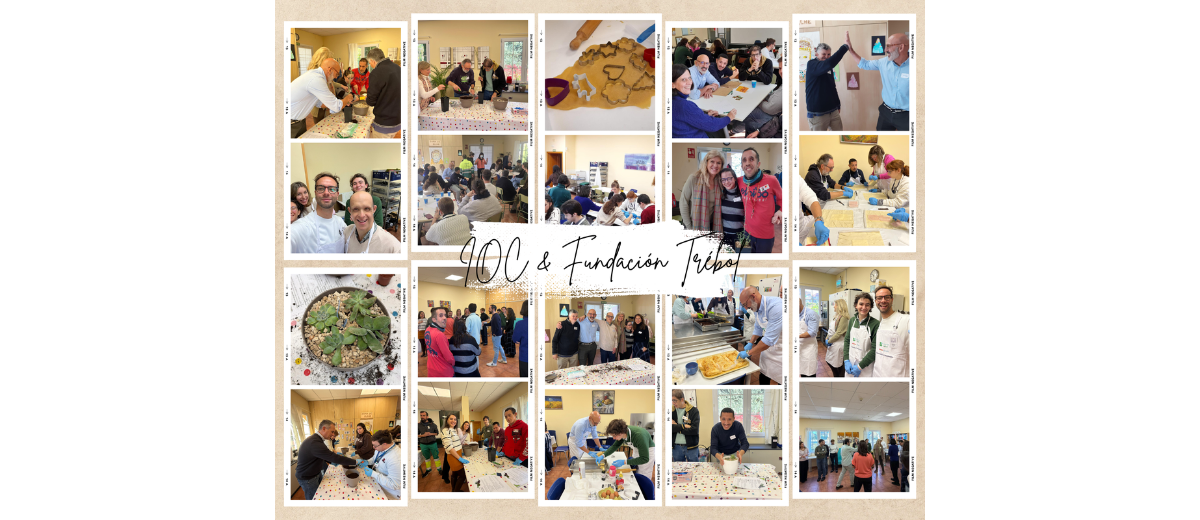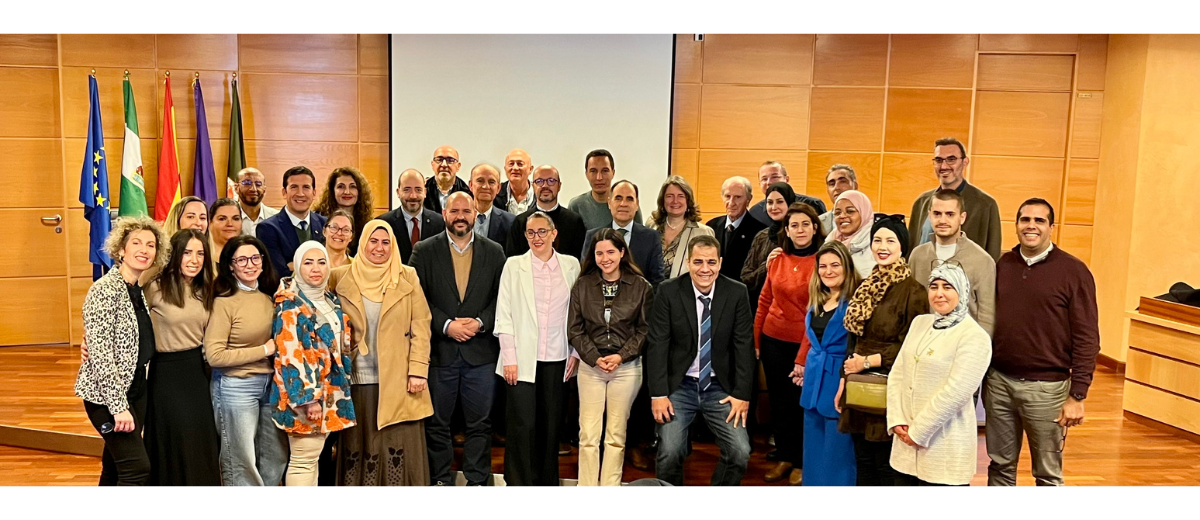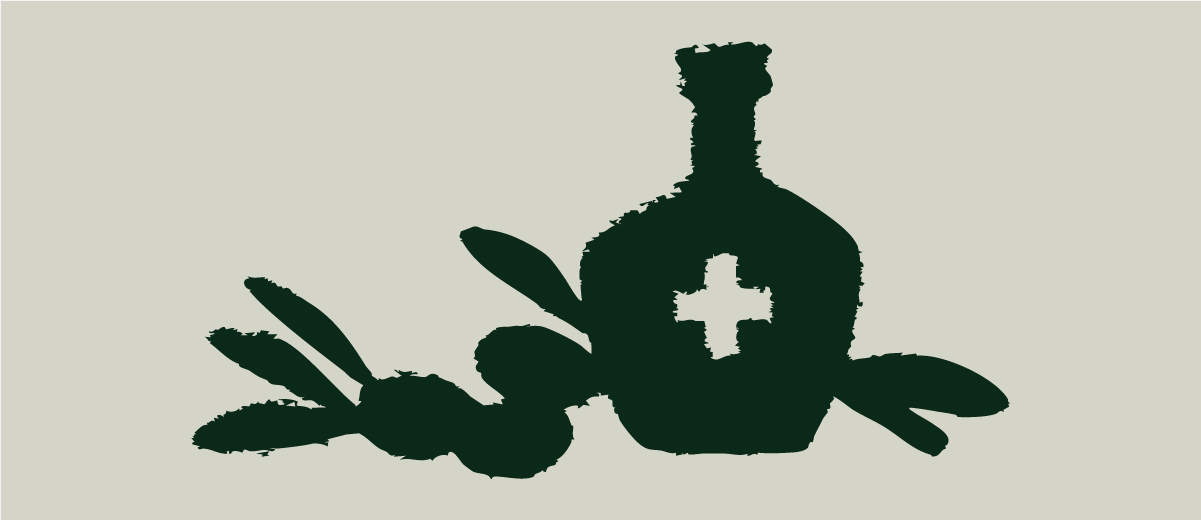The IOC is an international organisation made up of 44 countries (28 of which are members through the European Union) accounting for 91% of the table olives and 96% of the olive oil produced in the world. The member countries have assigned several tasks to the Organisation. These include not only defining the different categories of olive oil, particularly extra virgin olive oil, with the aim of standardising their international trade, but also carrying out the generic promotion of olive products.
To fulfil this remit, the IOC set up an international competition in June 2000 called the Mario Solinas Quality Award. This competition, in which many of you have participated, is meant to promote excellence in extra virgin olive oils by choosing the entries with the best organoleptic characteristics.
Besides the IOC competition, there are other public or private-initiative contests that pursue the same goal of showcasing extra virgin olive oils with top organoleptic characteristics. However, in the opinion of the IOC, the organisational rules of some of these competitions deserve to be tightened to ensure that entries are representative of real commercial production and that they are evaluated by recognised sensory analysis professionals. As the IOC sees it, the fact that some competitions create more confusion than genuine interest among distributors and producers, and even consumers in general, is not in the interest of the world olive oil industry.
The IOC therefore wishes to give a helping hand to contests that have stringent rules in place and, in the process, to spur others to follow suit. To do so, it envisages setting up a scheme in the future for the award of institutional patronage to competitions. The underlying intention is for future patronage to be a source of encouragement for competitions that provide more reliable information for distributors and consumers when they wish to purchase prize-winning oils, particularly when they buy significant volumes as is the case of distributors, and to create stronger international visibility for winners, all of which dovetails with the IOC remit of promoting olive oil in general and excellence in extra virgin olive oils in particular.
Nevertheless, the IOC realises that the rules of the Mario Solinas Quality Award are not easily or directly transferrable to such competitions and that some adjustments need to be envisaged, notably as regards the minimum volume of oil placed under seal to qualify for entry or the membership of the jury.
For this reason, at this stage, the IOC plans to begin by circulating a guide containing a set of recommendations. Later, in the light of experience, these recommendations will serve as the basis for drafting minimal rules for fulfilment by competitions wishing to apply for IOC patronage. However, before presenting the recommendations to the Council of Members for adoption this November, the IOC would like to tap your experience in this field. It would therefore welcome your comments on the attached draft guide by midnight (Madrid time) on 15 November 2015 since its aim is to be able to publish the recommendations for competition organisers and entrants as of 1 January 2016. Subsequently, the guide could evolve into the technical basis required for competition organisers to be able to apply for the institutional support of the IOC and to receive its patronage.
We look forward to receiving all your feedback.
Jean-Louis Barjol
IOC Executive Director








